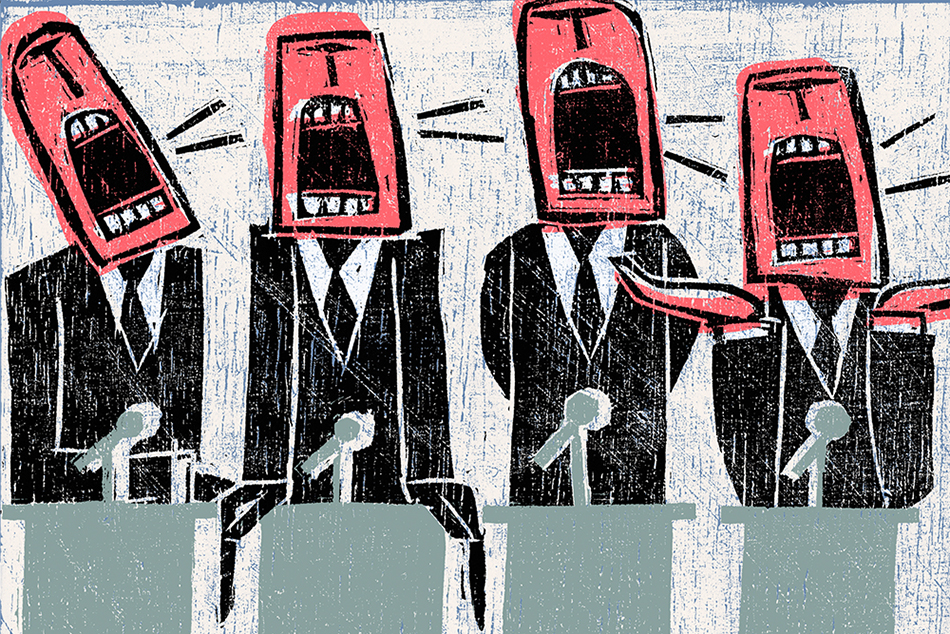
In Britain men were once more likely to vote Labour than women. Labour would have held power from 1945-1980 without interruption if only men were allowed to vote. Today there is a near-worldwide association between gender and left/right allegiance, with men in Britain consistently voting Tory, and women consistently voting Labour. A recent survey suggested that 25 per cent of young men agreed with Andrew Tate’s views on women, with respondents agreeing to a sampling of his statements including that rape victims “bear some responsibility” for being assaulted, that married women are “property”, and that it is shameful for women (but not men) to be promiscuous.
The disruption of the link between working-class men and parties of the centre left is an epochal event, driven by Western deindustrialisation, the withering of union power, and greater automation. Despite the optimism that disruption would ultimately provide better outcomes, wages have declined in real terms since the Eighties across the West. This period has coincided with an acceleration of female workplace participation, declining fertility, liberalising norms around divorce, homosexuality and casual sex, and the arrival of the internet. It has proved the perfect breeding ground for conspiracies and ideologies that appeal to men who feel discarded by society.



